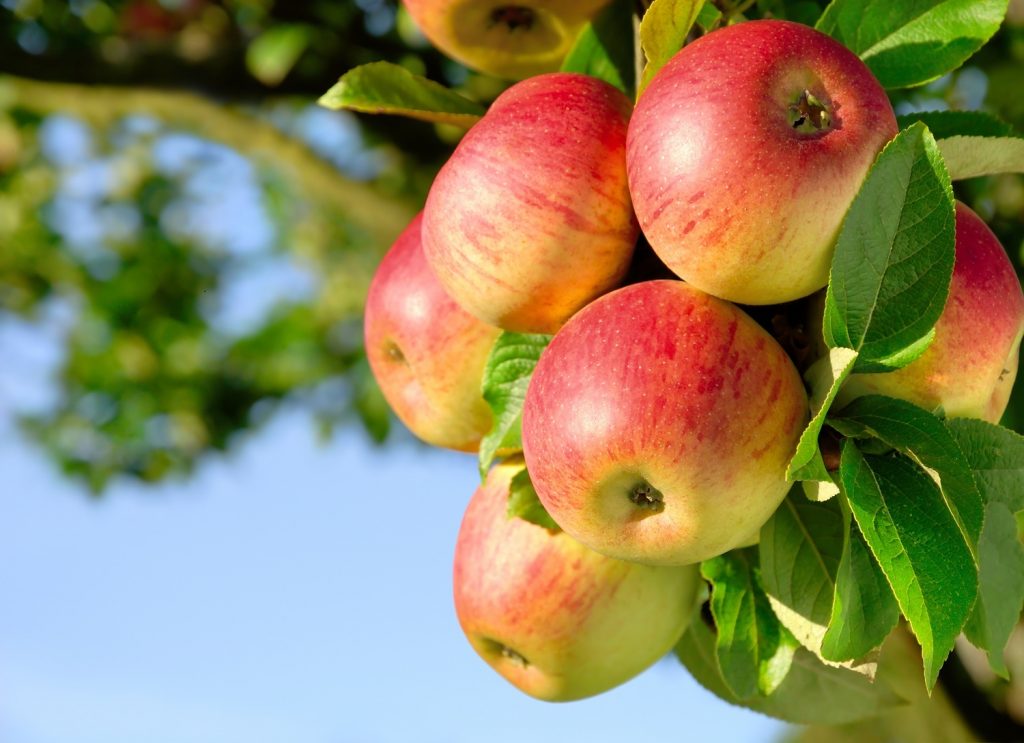U.S. apple crop quality and size would be "greatly impacted" by H-2A restrictions

The U.S. Apple Association says that both the volumes and quality of domestically-grown apples next season would be significantly impacted by recently implemented changes to the H-2A visa program.
The U.S. State Department as of Wednesday has suspended processing new applications in Mexico for the critical guest worker visa program, which many produce companies depend on. The move came amid the rapid spread of the Covid-19 outbreak.
The U.S. Apple Association on Wednesday joined other national agriculture organizations under the Ag Workforce Coalition in calling on Secretary Mike Pompeo to treat all agricultural workers under emergency visa services.
“Growers across the country have workers who have just arrived or will be arriving in the next few weeks to do the critical tasks of planting, pruning and general readying of the orchards, which is critical for a healthy abundant crop,” said USApple President and CEO Jim Bair.
“Without these workers, those critical tasks cannot be completed, and the quality and size of the apple crop will be greatly impacted.”
The H-2A program has more than doubled in the past few years, with much of the growth attributable to apples. While most of the program's workers come to harvest apples, a "critical early crew" arrives typically between mid-March to mid-April to ready apple trees for the season. These jobs, too, are now increasingly being done by H-2A guest workers.
“The American people need a stable food supply to maintain healthy diets and strong immune systems, especially now during this national health crisis,” states the Ag Workforce Coalition letter.
“The failure to take necessary action to protect our food supply will result in bare shelves in grocery store produce aisles, not from panic buying, but as the result of the federal government directly causing a shortage of critical labor. We urge you and the President to not let that happen.”







































